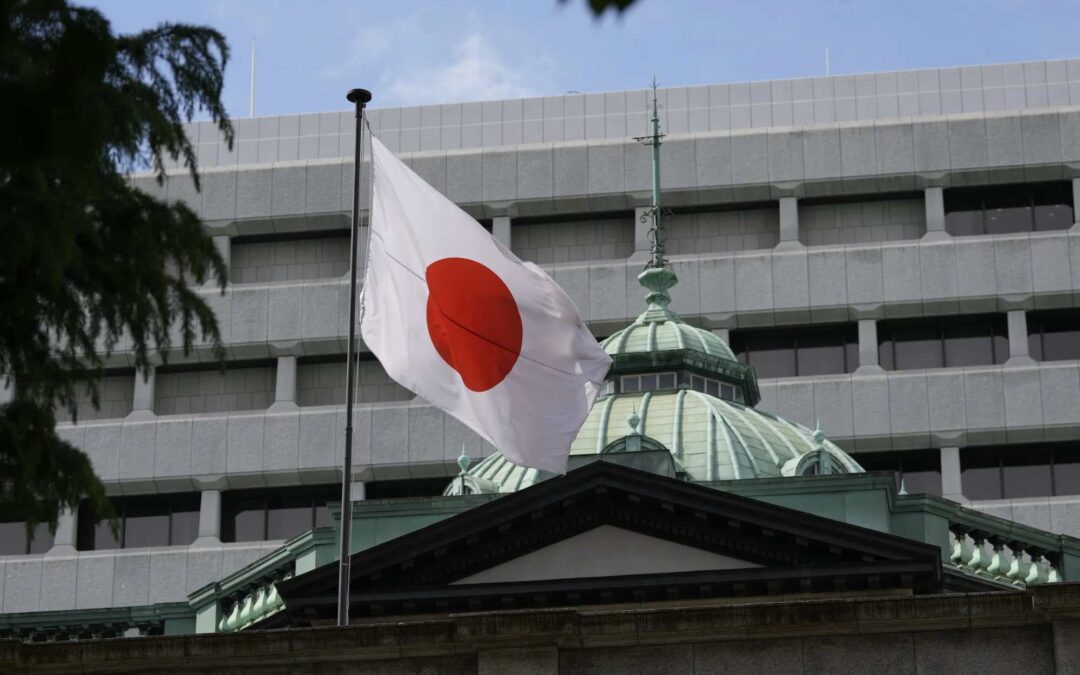Japan’s FSA May Allow Banks to Hold Bitcoin and Other Crypto Assets
Japan’s FSA May Allow Banks to Hold Bitcoin and Other Crypto Assets
By
David Goldfarb
Last updated:
October 22, 2025
First Published:
December 2, 2025

Photo: Trade Brains
A landmark consideration in global finance
Japan’s Financial Services Agency is reportedly reviewing policies that would permit domestic banks to directly hold and manage cryptocurrencies such as Bitcoin and Ethereum. This represents a significant departure from Japan’s traditionally cautious stance toward digital assets. If approved, the change would mark a major milestone in bringing cryptocurrency into the core of regulated financial systems.
A measured response to growing demand
The review comes as demand for digital assets continues to surge among both retail and institutional investors. Japanese banks, known for their conservative approach, are recognizing the inevitability of blockchain-driven finance. Allowing them to hold crypto assets could help meet the growing appetite for exposure to digital currencies while keeping the process under strict regulatory supervision.
The context behind Japan’s policy evolution
Japan has long been one of the most crypto-aware nations in the world, largely due to its early experiences with major exchange incidents such as Mt. Gox. Those setbacks led to the establishment of one of the most advanced regulatory frameworks globally. Now, more than a decade later, Japan’s willingness to expand that framework to include direct bank involvement signals confidence in how far the industry has matured.
Bridging trust between banks and blockchain
If banks begin holding cryptocurrencies, it could profoundly reshape public perception of digital assets. The association with trusted financial institutions would lend legitimacy and stability to a market often seen as volatile or speculative. Customers who were previously hesitant might feel more comfortable investing or saving in digital currencies through regulated banks.
Impact on financial innovation
Allowing banks to manage cryptocurrencies could spark a wave of innovation in payment systems, digital asset management, and cross-border transactions. With direct custody, financial institutions could introduce services such as crypto-based loans, savings accounts, and even tokenized investment products. This move would not only diversify their portfolios but also enhance Japan’s global competitiveness in the fintech arena.
A cautious path forward
Despite its potential, the policy proposal is being approached with deliberate caution. Regulators are studying capital reserve requirements, cyber security protocols, and insurance structures to ensure that consumer assets are adequately protected. The FSA aims to create an ecosystem where innovation can flourish without undermining financial stability.
A signal to global markets
Japan’s leadership in regulated crypto adoption continues to influence global financial policy. Should its banks begin holding digital assets, other nations may follow suit, particularly in Asia and Europe. It would demonstrate that integrating cryptocurrencies into the mainstream banking system is not only possible but also sustainable under proper supervision.
Institutional interest and global alignment
Major financial institutions around the world are watching closely. Many Western banks have already begun exploring crypto custody services, but Japan’s structured approach could set a higher benchmark for transparency and accountability. This alignment between traditional finance and digital assets may accelerate the global transition toward blockchain-based economic systems.
Balancing innovation with systemic security
One of the biggest challenges will be ensuring that banks manage the inherent risks of crypto volatility without compromising the integrity of the broader financial system. The FSA’s policy will likely include mechanisms to limit speculative exposure while promoting the use of blockchain for practical, real-world applications such as settlement and remittance.
A new era for Japanese banking
If implemented, the policy would mark the beginning of a new era in Japanese finance—one where the walls between traditional and digital economies finally dissolve. Japan’s readiness to allow banks to hold crypto assets showcases its commitment to financial modernization and its confidence in the long-term potential of digital currency. This shift could serve as a blueprint for the next phase of global banking evolution.
Popular articles
Subscribe to unlock premium content
Disney’s Timeless Magic and How the Entertainment Giant Continues to Shape Culture and Innovation

Imran Khan’s Economic Missteps Amid Political Chaos in Pakistan

The Philippines’ Digital Shift How Remittances and BPO Are Fueling Growth

Disney’s Timeless Magic and How the Entertainment Giant Continues to Shape Culture and Innovation

Imran Khan’s Economic Missteps Amid Political Chaos in Pakistan

Disney’s Timeless Magic and How the Entertainment Giant Continues to Shape Culture and Innovation









